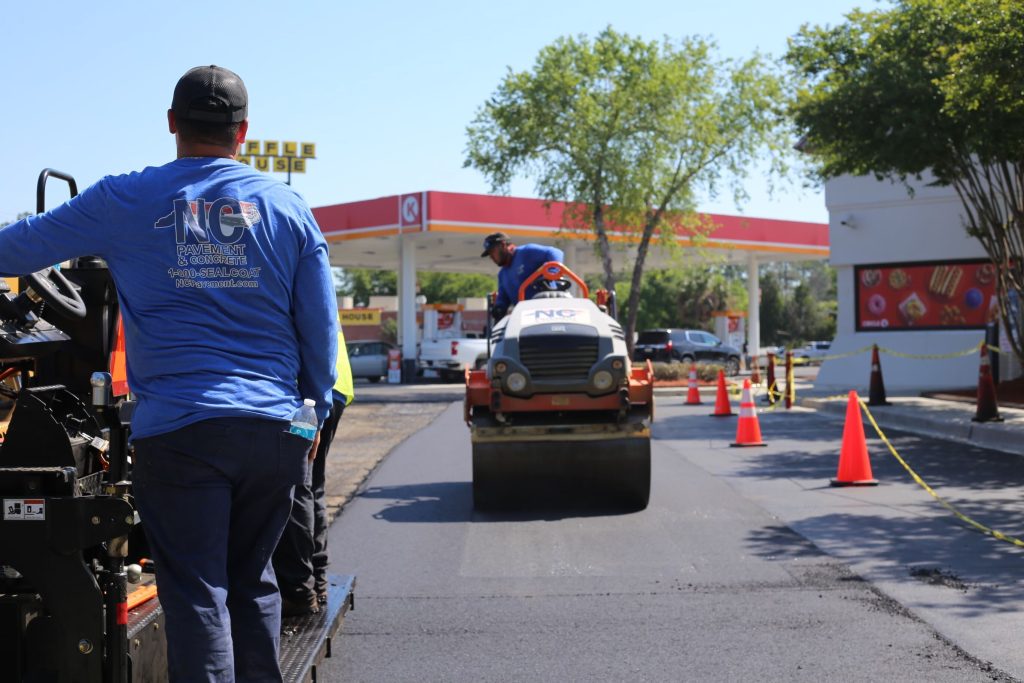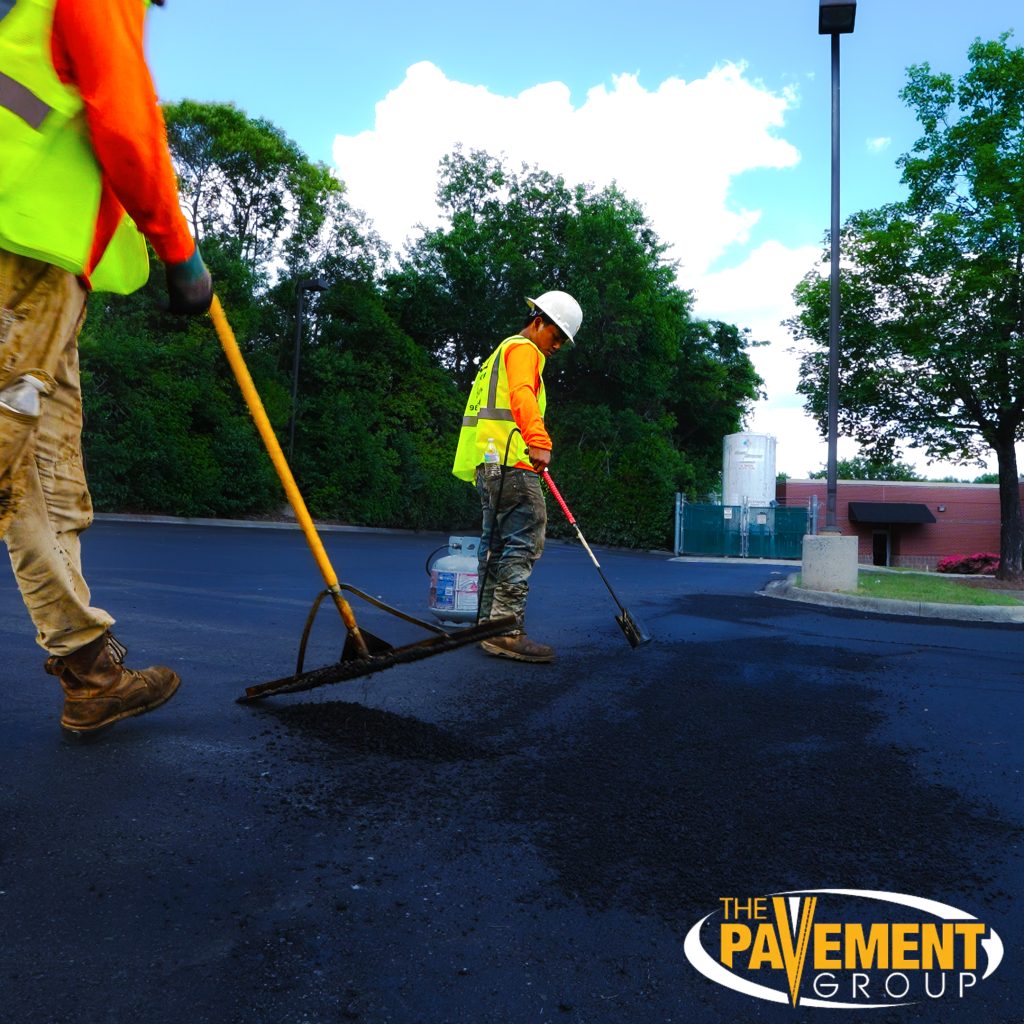Commercial asphalt paving is a significant investment, and property owners want to ensure their pavement lasts as long as possible. On average, well-installed and maintained commercial asphalt can last between 20 to 30 years. However, several factors impact its lifespan, influencing how long it remains functional and visually appealing.
1. Quality of Installation
The foundation of long-lasting asphalt starts with proper installation. Factors such as soil compaction, base preparation, and the right asphalt mix significantly affect longevity. A poorly prepared base can lead to early failures like cracking and potholes.
2. Traffic Load and Usage
Commercial asphalt is subject to heavy traffic, including trucks, delivery vehicles, and constant foot traffic. Parking lots for retail centers, industrial facilities, and warehouses require thicker asphalt layers to handle increased load stress.
3. Climate and Weather Conditions
Extreme temperature fluctuations, excessive rainfall, and freeze-thaw cycles can accelerate asphalt deterioration. Asphalt expands and contracts with temperature changes, making it susceptible to cracks and water infiltration. Proper drainage solutions can mitigate weather-related damage.
4. Maintenance and Repairs
Routine maintenance extends asphalt life. Regular sealcoating, crack sealing, and pothole repairs prevent minor issues from escalating. Neglecting maintenance can significantly reduce lifespan and lead to costly resurfacing or full replacement.
5. Drainage and Water Management
Standing water is a leading cause of asphalt failure. Without proper drainage, water seeps into cracks, eroding the base layer and causing structural instability. Installing effective drainage solutions prevents premature deterioration.
6. Sealcoating and Surface Protection
Applying a sealcoat every 3–5 years protects asphalt from oxidation, UV rays, chemicals, and water penetration. Sealcoating not only extends lifespan but also enhances curb appeal by maintaining a fresh, black surface.
7. Subgrade Stability
A strong subgrade is essential for supporting asphalt pavement. If the underlying soil is weak or improperly compacted, it can lead to surface failures like rutting and depressions. Soil stabilization techniques help ensure a durable foundation.
8. Asphalt Mix and Thickness
The type of asphalt mix used impacts its durability. High-traffic commercial areas benefit from stronger, thicker asphalt layers, reducing the risk of surface wear and tear. Engineers determine the appropriate mix based on project specifications.
Maximizing the Lifespan of Commercial Asphalt
- Schedule routine inspections to detect and address minor issues early.
- Invest in high-quality materials for installation and repairs.
- Implement proper drainage solutions to prevent water-related damage.
- Sealcoat regularly to protect against environmental and chemical exposure.
- Repair cracks and potholes promptly to avoid larger structural problems.
By following these best practices, commercial asphalt paving can remain durable and functional for decades, maximizing return on investment and maintaining a professional appearance.
Commercial asphalt has the potential to last 20–30 years, but its lifespan depends on several factors, including installation quality, traffic load, weather conditions, and ongoing maintenance. Understanding these key influences helps property owners take proactive measures to extend the life of their asphalt surfaces.
For expert commercial asphalt solutions, contact us today to discuss your project needs and long-term pavement strategy.


